
October 23, 2025
Discover how Mix Master strengthens your brain just like an instrument - training focus, creativity, and emotional intelligence through the science of sound.
Read more.png)
September 8, 2025
Tools like Suno are now powerful enough to generate melodies, lyrics, and even full songs in seconds. That’s exciting—and controversial. Just ask Timbaland. Recently, he came under fire..
Read more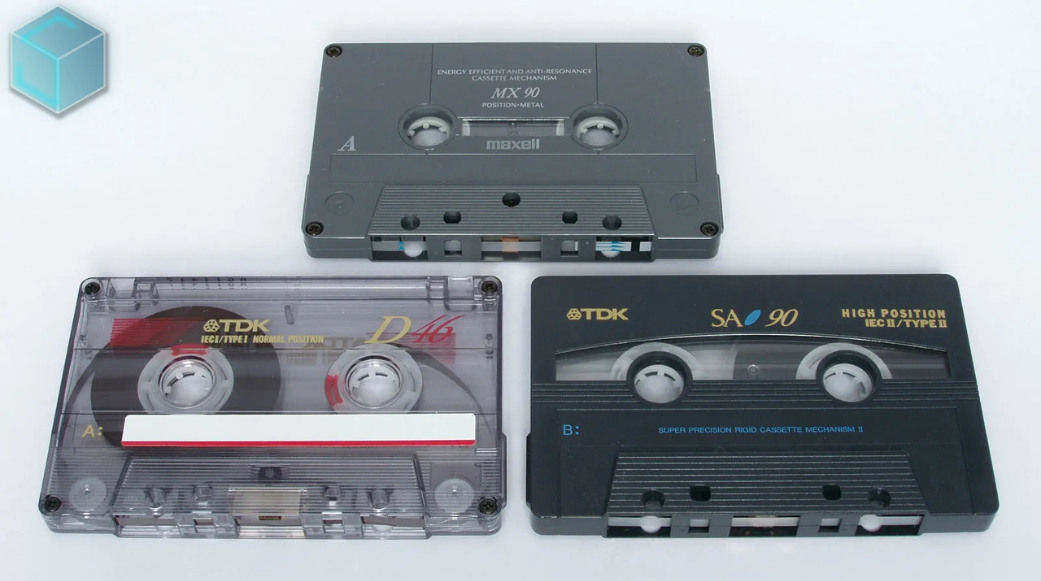
August 23, 2025
The 1980s and 1990s analog music medium known as cassette cassettes is experiencing an unanticipated comeback, with Gen Z spearheading the trend. Taylor Swift, who included cassettes in the release...
Read more
August 23, 2025
This week's most notable headline: Doja Cat's erotically charged, '80s-inspired music video, "Jealous Type," is dominating social media feeds and cultural discourse, marking her most daring...
Read more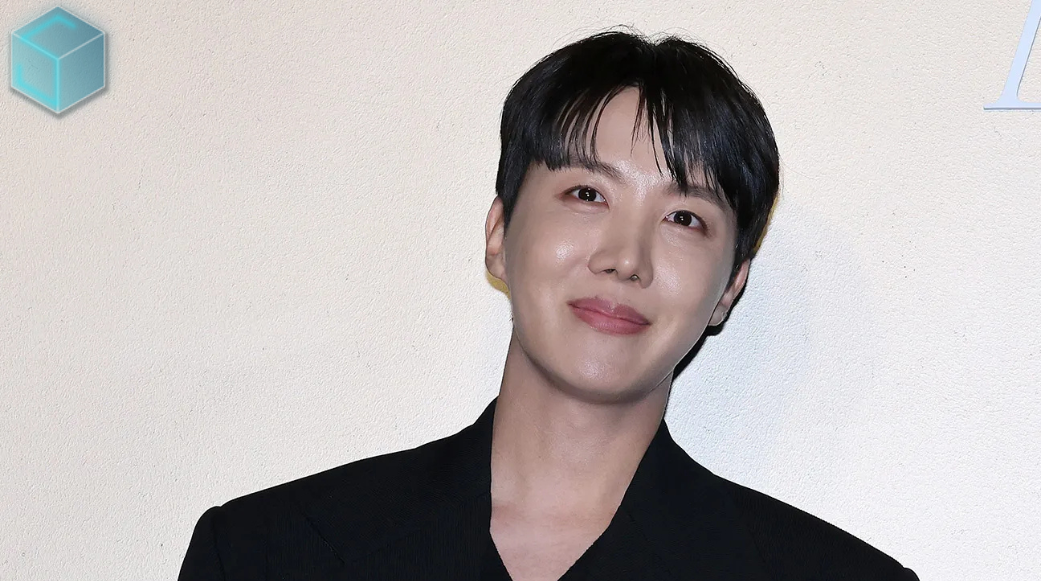
August 23, 2025
J-hope and GloRilla's "Killin' It Girl," a spectacular blend of K-pop flare and shameless hip-hop heat that has taken the world by storm, is this week's winner of the Best Collaboration of Summer...
Read more
August 23, 2025
Carly Rae Jepsen is giving fans the ultimate gift for the 10th anniversary of her critically adored album Emotion: a special edition featuring four never-before-heard tracks and two fresh remixes...
Read more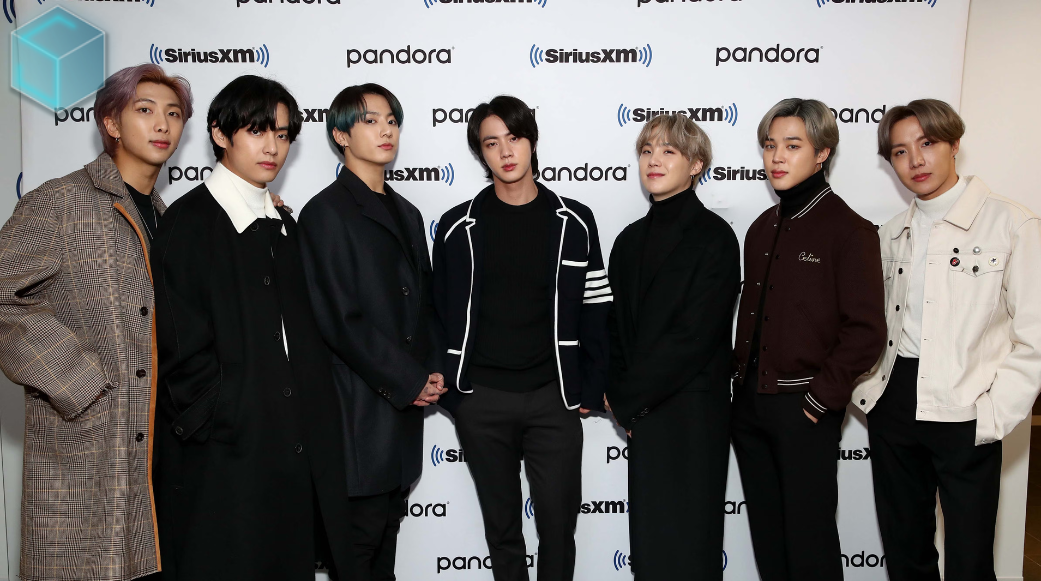
August 23, 2025
The wait is over, ARMY! BTS is officially back together and balancing work and play in their first moments of reunion after completing mandatory military service. J-Hope sent fans into a frenzy...
Read more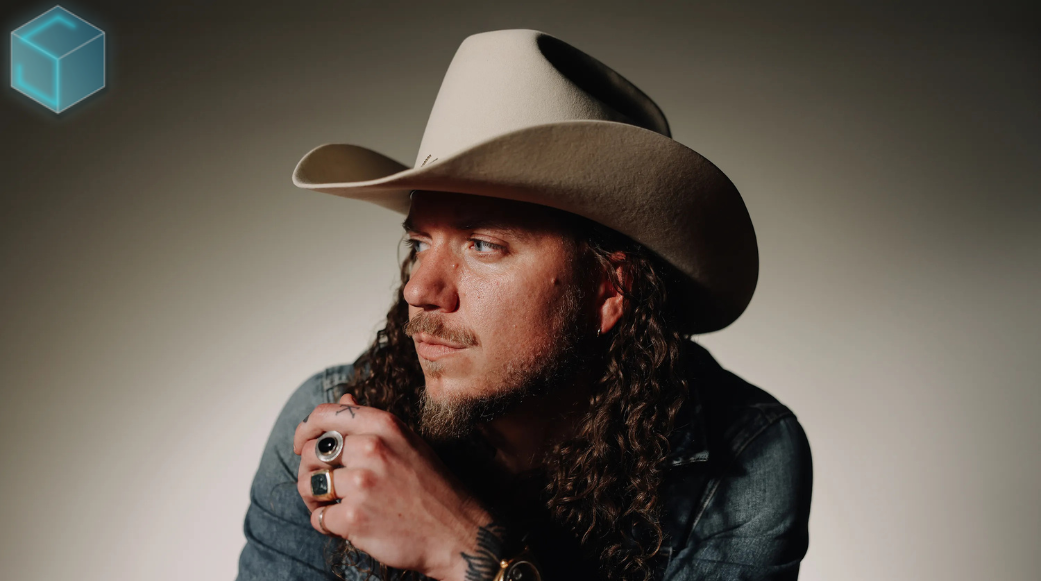
August 23, 2025
Christian music stepped outside of its quiet comfort zone in 2025. "Hard Fought Hallelujah," a worship song by Brandon Lake, went platinum, sold out festival stages, and exploded from churches to...
Read more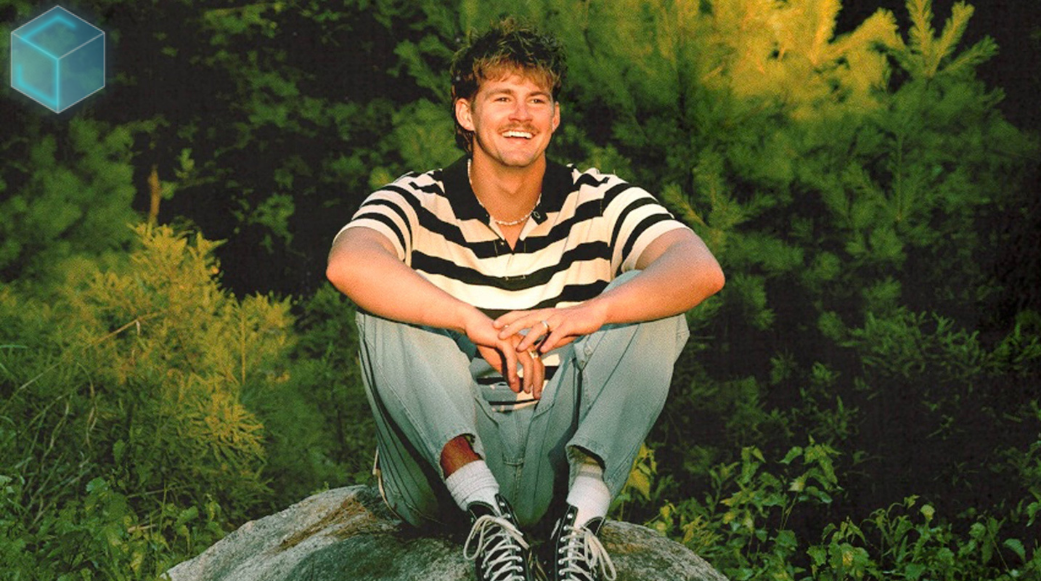
August 23, 2025
In late July 2025, Christian artist Forrest Frank (of Surfaces, now a solo juggernaut in faith-pop) posted from a hospital bed: he’d fractured his L3 and L4 vertebrae in a skateboarding accident...
Read more
August 21, 2025
On September 16, the masked metal phenomenon Sleep Token will embark on their 2025 "Even In Arcadia Tour" across North America. The 18-show tour, which includes a huge date at Brooklyn's Barclays...
Read more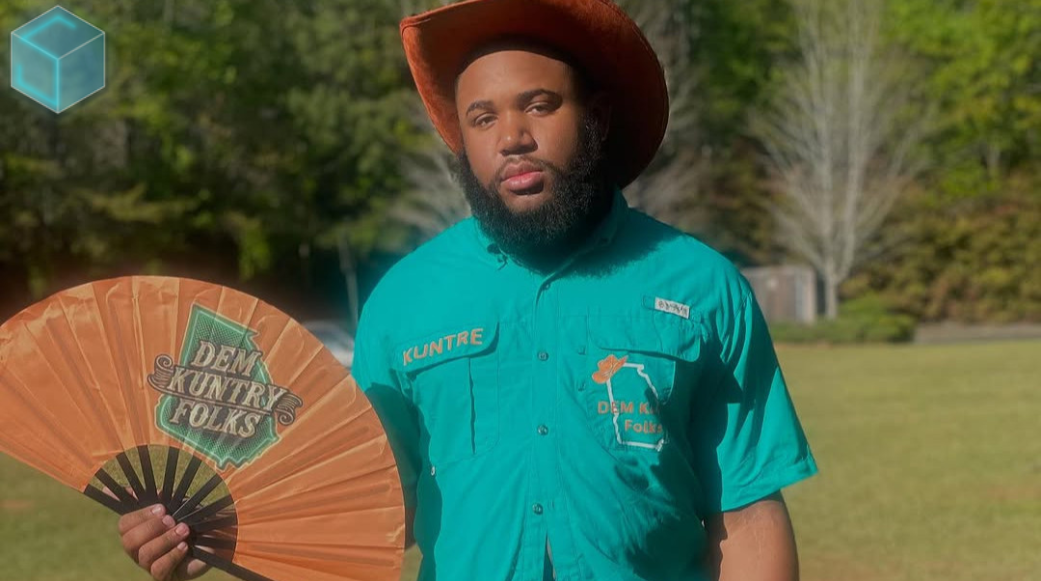
August 21, 2025
Due to a line dance that went viral and won over fans' hearts both inside and outside of the United States, 22-year-old Tre Little's song "Boots on the Ground" has become a cultural sensation this...
Read more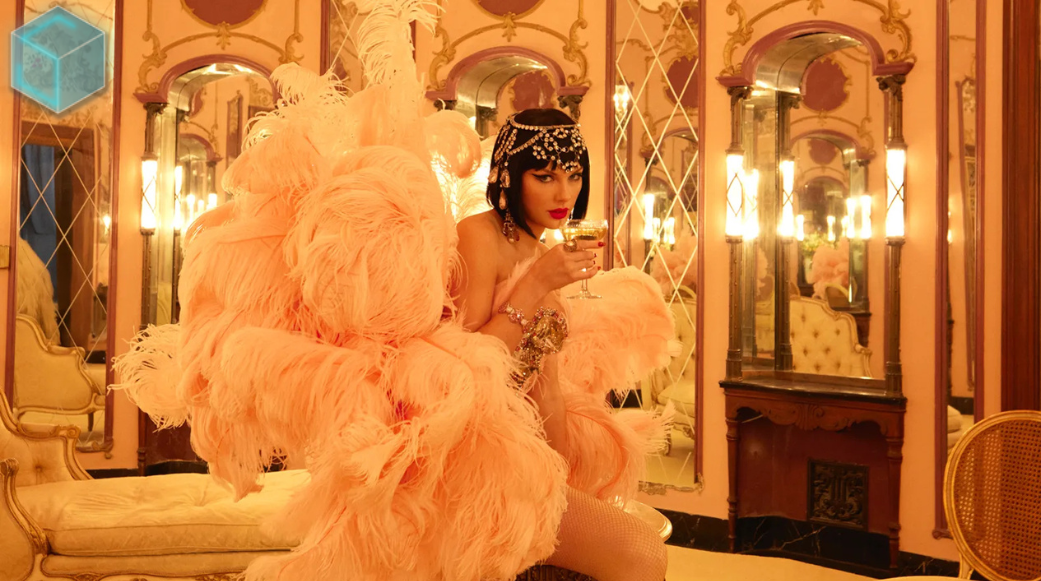
August 21, 2025
In addition to preparing for her next album, The Life of a Showgirl, Taylor Swift is reviving the physical medium this week by putting her songs on cassette tapes. This sentimental action...
Read more.png)
Ed Sheeran recently revealed that his vocals were used without his permission on a new Band Aid single—a situation he says he would have “respectfully declined” had he been asked. The incident has sparked a conversation about consent and respect in the music industry, where the lines between creative collaboration and exploitation can sometimes blur.
This is not just a one-off issue; unauthorized use of an artist’s work highlights a bigger, systemic problem in the music industry. Whether it’s vocal tracks, melodies, or even entire songs, the misuse of creative property erodes trust between artists, producers, and organizations. For an industry built on collaboration, this lack of transparency and respect undermines the creative process and damages professional relationships.
Using an artist’s vocals or music without permission not only disrespects their creative agency but can also lead to legal and reputational consequences. Artists invest significant time and emotion into their work, and their involvement in any project is a reflection of their personal brand and values. When that involvement is forced or misrepresented, it can harm their image and alienate their fanbase.
In Sheeran’s case, his decision to “respectfully decline” could have been based on personal reasons, creative differences, or even logistical constraints. By not seeking his consent, the Band Aid project not only disregarded his wishes but also risked creating a product that does not authentically represent its contributors.
Unfortunately, Ed Sheeran’s experience is not unique. From unauthorized remixes to uncredited vocal samples, the misuse of artistic contributions happens far too often in the music industry. For newer or less established artists, the situation is even more precarious. Many feel pressured to agree to terms they’re uncomfortable with or are simply unaware that their work is being used without their consent.
This issue is further exacerbated by the digital age, where technology makes it easier than ever to isolate vocals, samples, and other components of a track. Without robust ethical practices and industry standards, artists may continue to face these challenges.
The first step to addressing this problem is fostering a culture of respect and communication. Here are some key ways the industry can avoid such situations:
Ed Sheeran’s vocal stance on this issue is a reminder that even the biggest names in the industry can face these challenges. It underscores the importance of consent, respect, and transparency in music-making. By addressing these systemic issues, the industry can create an environment where artists feel valued and empowered to share their work without fear of misuse.
For artists and creators, the takeaway is clear: know your rights, communicate your boundaries, and don’t be afraid to speak up when those boundaries are crossed. For the industry, it’s time to prioritize the ethical treatment of artists and their contributions. Only then can the music world truly thrive as a space of collaboration and creativity.